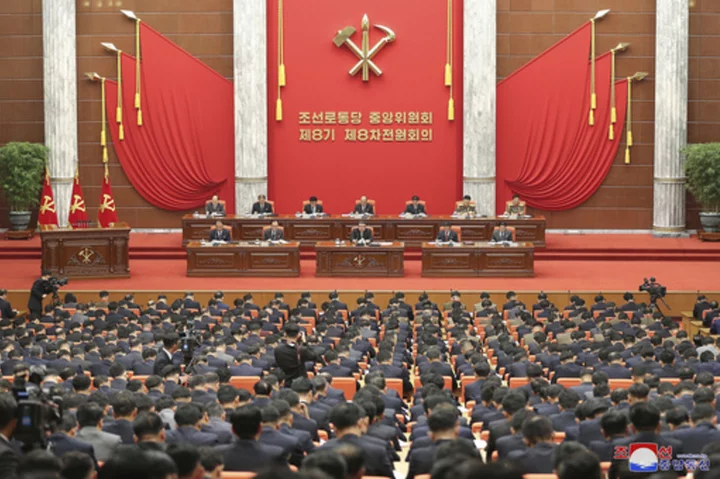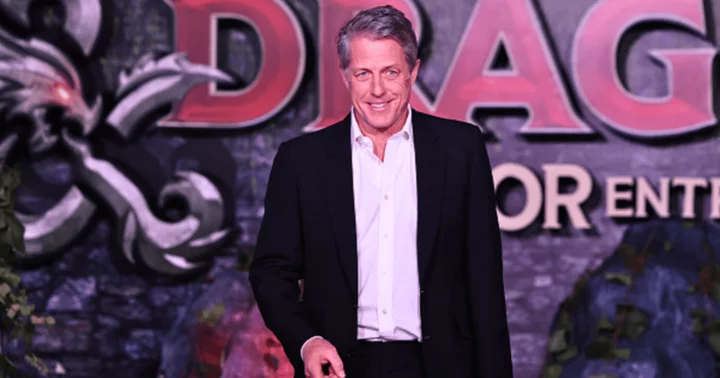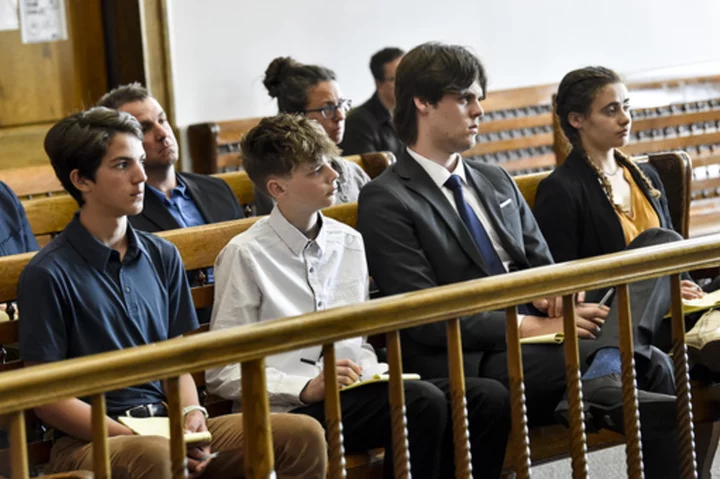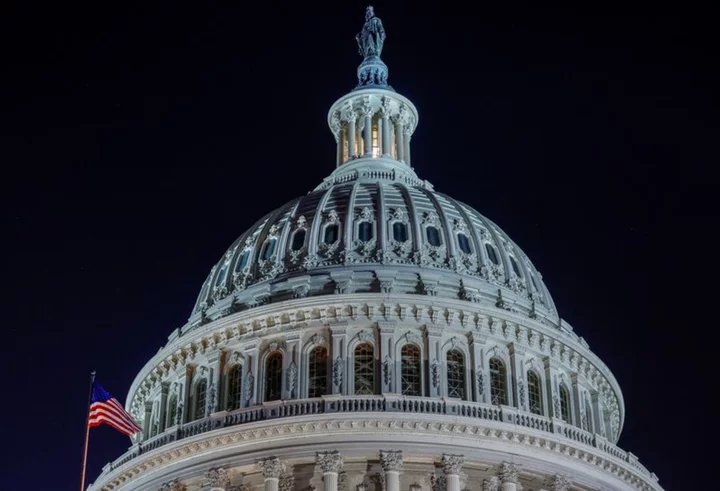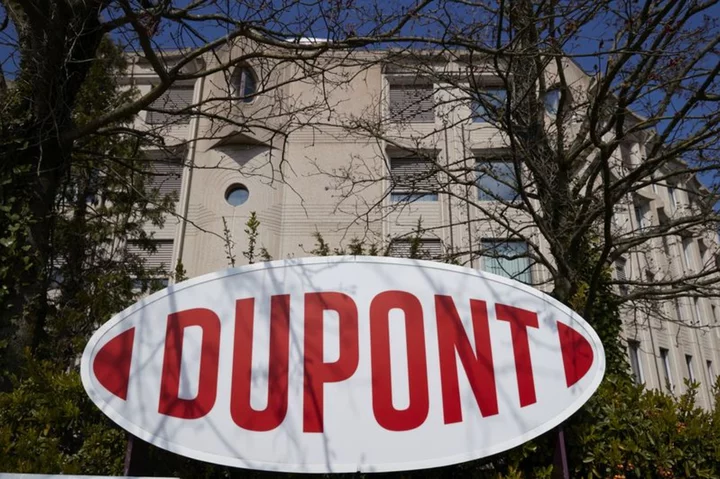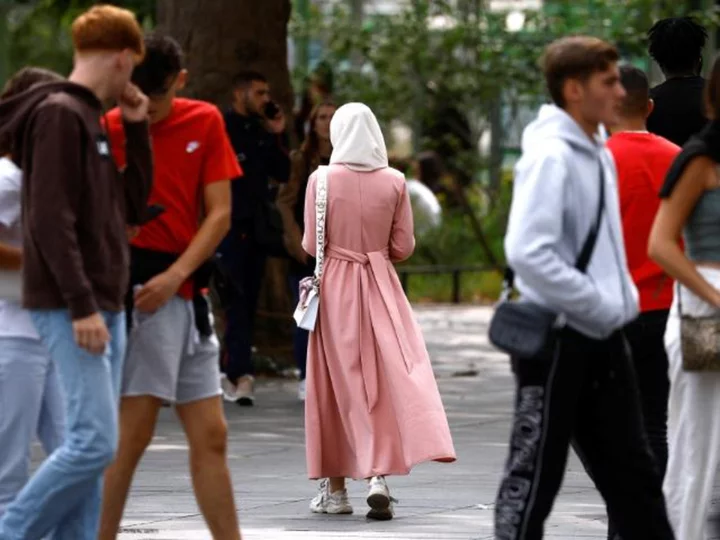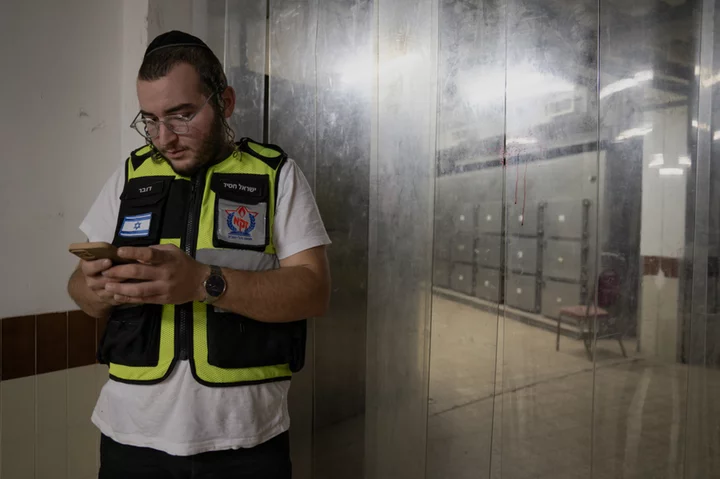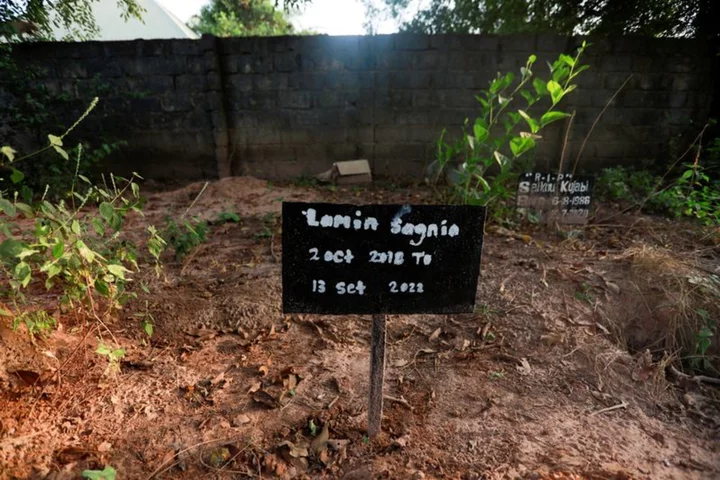SEOUL, South Korea (AP) — Top North Korean officials vowed to push for a second attempt to launch a spy satellite as they called their country’s first, and failed, launch last month “the most serious” shortcoming this year and harshly criticized those responsible, state media reported Monday.
In late May, a North Korean rocket carrying a military reconnaissance satellite crashed soon after liftoff, posing a setback to leader Kim Jong Un’s push to acquire a space-based surveillance system to better monitor the United States and South Korea.
The failed launch and North Korean efforts to modernize its weapons arsenals were discussed heavily at a three-day ruling party meeting that ended Sunday, with the presence of Kim and other top officials.
A lengthy Korean Central News Agency dispatch on the meeting didn’t clearly say who spoke, but said a report to the meeting “bitterly criticized the officials who irresponsibly conducted the preparations for (the) satellite launch.”
The report set forth tasks for officials and scientists to learn the lessson of the failed launch, find what caused the rocket’s crash and make a successful launch in a short span of time, KCNA said.
It didn’t say exactly when North Korea might attempt a second launch. But South Korea’s spy agency earlier told lawmakers that it would take likely take “more than several weeks” for North Korea to determine what went wrong in the failed launch.
North Korea monitoring groups haven’t reported any purges or dismissals of scientists or others involved in the failed launch. Observers say Kim has well treated scientists and technicians working in the country’s weapons development program though he orchestrated a slew of high-profile executions or purges of top officials to boost his grip on power in the early stage of his rule.
A spy satellite is among several high-tech military assets Kim has publicly vowed to acquire to cope with what he calls U.S.-led hostility. Other weapons systems Kim wants to possess are a multi-warhead missile, a nuclear submarine, a solid-propellant intercontinental ballistic missile and a hypersonic missile.
Since the start of 2022, North Korea has carried out more than 100 missile tests, some of which were related to developing a spy satellite and other powerful weapons on Kim's wish-list.
In April, North Korea tested a solid-fuel intercontinental ballistic missile for the first time. The fuel in such missiles is already loaded inside, so they are more mobile than rockets using liquid propellant and are harder for outsiders to detect before launching.
During the party meeting, Politburo members claimed “big strides” in efforts to expand Norht Korea's arsenal of nuclear weapons and missiles, which they said support the government’s policy of maintaining “frontal confrontation” against its enemies, KCNA said.
The Politburo members also analyzed the “extremely deteriorating security situation” in the region caused by the “reckless war moves” of its rivals, apparently referring to the expanded U.S.-South Korea military drills, the report said. It said they unanimously approved unspecified plans for counteraction.
The United States and South Korea have been expanding their military drills in response to North Korea's advancing nuclear arsenal and warn that any attempt to use nuclear weapons would result in the end of the Kim Jong Un government.
The North Korean Politburo members set down unspecified “important tasks” for defending national interests and strengthening solidarity with countries that are “opposed to the U.S. brigandish strategy for world supremacy," KCNA said.
North Korea has pushed to boost relations with Russia over the war in Ukraine. It blames the United States for the crisis and accuses the West of pursuing a “hegemonic policy,” saying Russia was justified in using military action in Ukraine to protect itself.
North Korea has also sought to strengthen ties with China, its main ally and economic lifeline that is locked in an intensified strategic rivalry with the United States over trade, technology and regional influence.
Russia and China, both veto-wielding permanent members of the U.N. Security Council, have repeatedly blocked attempts by the U.S. and others to toughen U.N. sanctions on North Korea over its missile tests.
The party meeting also discussed national efforts to improve North Korea’s struggling economy, which experts say has been further strained by pandemic-related border closures.
KCNA said there has been some progress in efforts to improve agricultural output and revive production in metal and chemical industries, though it acknowledged unspecified shortcomings. KCNA claimed progress in the construction field, citing a project to build tens of thousands of new homes in the capital, Pyongyang.
It’s virtually impossible to verify the claims by the North, one of the most secretive countries in the world. Experts say that there are no signs of social unrest or a famine in North Korea despite the pandemic-caused hardships and that Kim's absolute control of his 26 million people remains unchanged.

